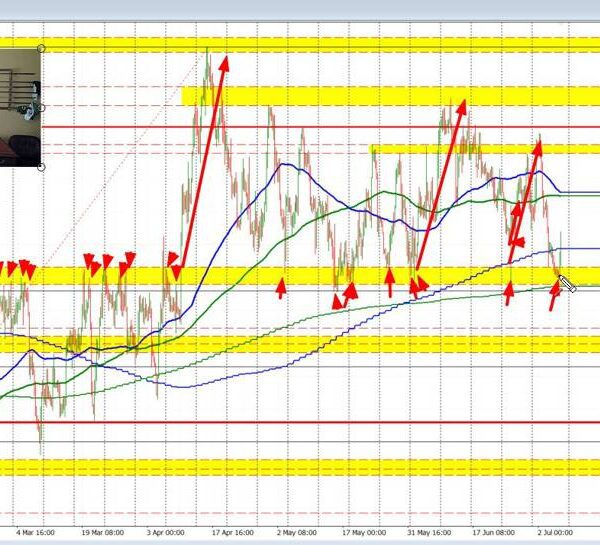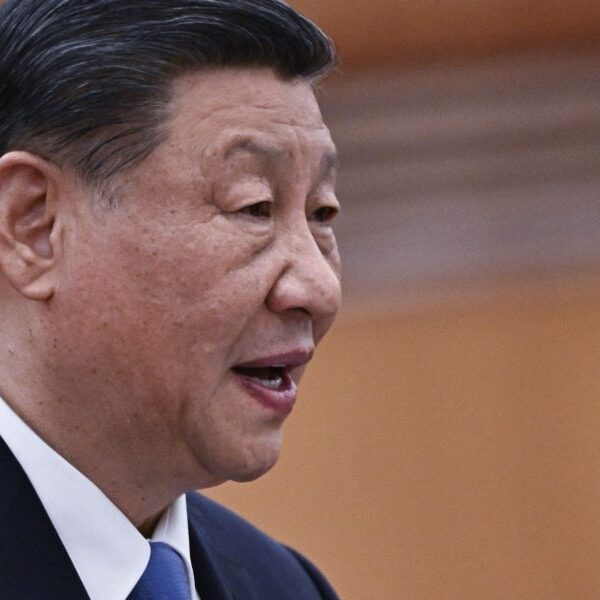It may be time to take another look at municipal bonds. The assets, which have enjoyed attractive tax equivalent yields, are particularly favored by wealthy investors because the income is free from federal taxes. Income can also be exempt from state and local taxes if the investor lives in the state where the bond is issued. These days, munis are cheap relative to corporate bonds, Bank of America said in a note Friday. “Muni weakness is not the driver here, but rather corporate richness,” municipal research strategist Yingchen Li wrote. “We believe there is room for munis to cheapen further to corporates over the next month or two absent a large stock market correction.” Then he expects a “fast paced rally,” most likely concentrated in the final two months of the year. That’s because issuance, which has been at a “torrid pace” this year, is expected to fall off after the November election, Li said. Year-to-date issuance as of Sept. 18 is up 35% versus last year, he noted. “We continue to advise investors to take positions while the muni market rally remains slow and ratios are somewhat cheap,” he said. His favorite spot on the muni curve is the long end. BlackRock also sees opportunity. “With issuance expected to remain robust as deals are pulled forward ahead of the election, the new issue market should provide ample opportunity to source bonds at attractive concessions,” said Patrick Haskell, the firm’s head of municipal bonds group. BlackRock manages over $185 billion in municipal assets. Municipal bonds have already had an “impressive” run in recent months, Haskell wrote in a note last week. “The asset class has now delivered a cumulative total return of 3.28% in June, July, and August, making it the best ‘summer’ period since 2010,” he said. BlackRock maintains a barbell yield curve strategy in munis, with zero to two years on one end and 15 to 20 on the other. “We prefer single-A rated credits but think high yield offers a good risk-reward opportunity, given attractive carry, favorable structures and the ability to generate alpha through security selection,” Haskell wrote. The firm is overweight on essential-service revenue bonds, suburban governments and school districts and flagship universities. It also likes national as well as large regional health systems, along with select high-yield issuers.
Subscribe to Updates
Get the latest tech, social media, politics, business, sports and many more news directly to your inbox.















